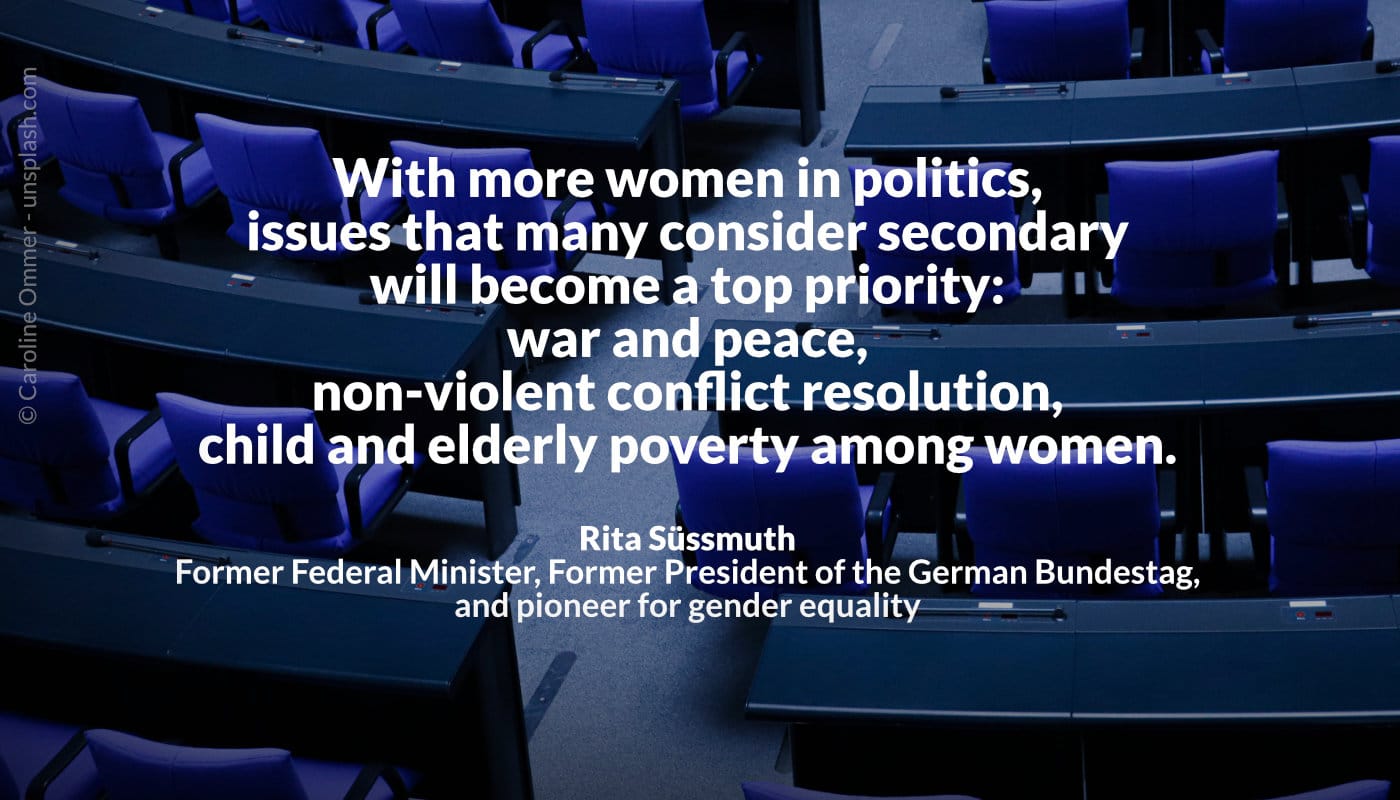“The Federal Anti-Discrimination Commissioner, Ferda Ataman, considers warnings about gender-inclusive language to be ‘tactical noise’ and bans a step backward. It’s about showing respect to people, she says in an interview with RND – RedaktionsNetzwerk Deutschland. There’s no need to be tense about it.”
Because, as Ataman says, “One should feel comfortable with language. It’s not a mandatory exercise or a competition.” It’s about demonstrating awareness that there are not only men and women but also intersex and other people.
“Many things that are new and challenge the status quo face resistance at first. Such societal debates are, to some extent, normal. It was the same 30 years ago when it was about addressing women for the first time. Instead of ‘dear citizens’ (‘liebe Bürger’), the first to do so said ‘dear citizens (male and female)’ (‘liebe Bürgerinnen und Bürger’). There was a lot of protest back then, too. Nowadays, this double form is even common in the CSU party program.”
Ataman considers bans on the use of gender-inclusive language to be absurd. “In the 21st century, prohibiting state institutions from addressing more than two genders is clearly a step backward. What exactly is being banned here—tolerance and respect? Guidelines for administration, like those in Hesse, would, for example, mean that the state’s Anti-Discrimination Office could not use inclusive language. It would have to address its own target groups in a discriminatory way.” She also thinks a mandate for gender-inclusive language would be wrong—but the notion that there is a mandatory requirement to use it is a myth.
Markus Söder claims that gendering divides society—Ataman considers this to be “tactical noise and a desire for attention, as it distracts from real problems and mobilizes people. (…) It is very concerning when a supposed culture war is carried out at the expense of minorities who are already heavily discriminated against.”
Gendersprache sei übergriffig, wie Friedrich Merz sagt? Ataman: “Ich finde es übergriffig vorzuschreiben, wie Menschen zu sprechen haben. Wer ist denn hier die Verbotspartei? Fakt ist: Sprache verändert sich.”
Es sei allerdings legitim, sich Gedanken zu machen über Verständlichkeitsprobleme, vor allem bei der Schriftsprache. Doch das generische Maskulinum als Alternative? “Es gibt Studien, die zeigen, dass es das Denken verändert, wenn man rein männlich spricht.”
Im Übrigen hält Ataman definitiv andere Probleme für drängender, von denen jedoch offenbar manche mit der Debatte über Gendern ablenken wollten.

Published by herCAREER,
Posted on LinkedIn on 09.01.2024












